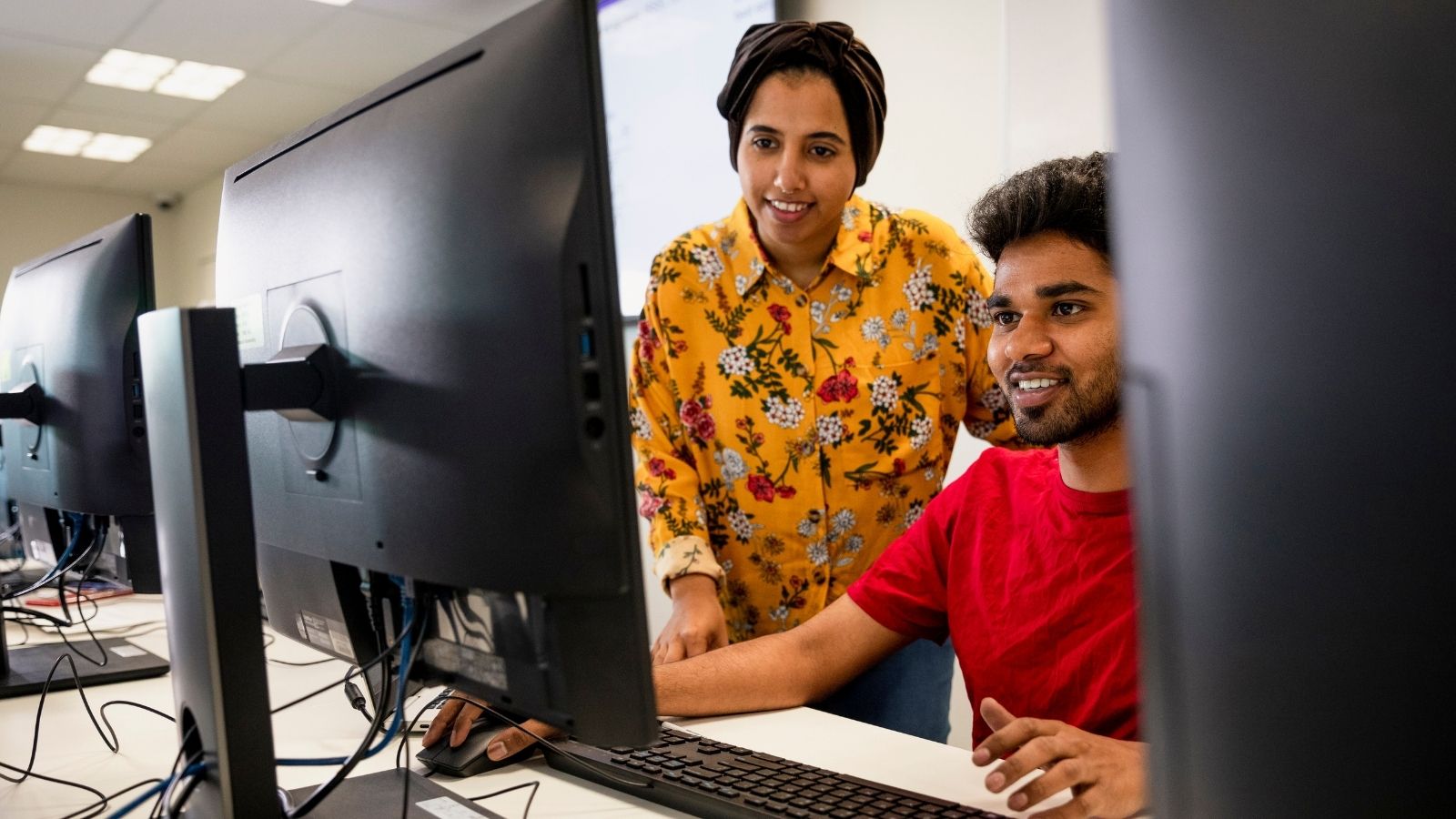
What is Safeguarding?
Safeguarding is about doing everything we can to make sure all of our students and staff are kept safe and protected from harm. That is why we adhere to all government guidance and pride ourselves on going above and beyond to make the college a safe, happy and thriving environment for all.
It is important to us that all Trafford College users are treated with respect and dignity and feel safe and listened to.

Safeguarding Team
Our dedicated Safeguarding team are here to help and support every student during their time at Trafford
Reporting a Safeguarding Concern
During Opening Hours
Visit the Student Services team on campus. You will be directed from the Main Reception or email safeguarding@tcg.ac.uk
Out of Hours (Weekends & Holidays)
Concerns about personal safety contact the police on 999 or 101 and for concerns regarding health & wellbeing contact out of hours GP or 111.
CEOP helps children and young people under the age of 18 who are being pressured, forced or tricked into taking part in sexual activity of any kind. This can be something that has taken place either online or in ‘the real world’, or both. The CEOP Safety Centre has clear information and advice on what can be reported to CEOP, the reporting process and what will happen if you do decide to make a report. You can visit the CEOP Safety Centre and make a report directly to CEOP by clicking the Click CEOP button.
If you, your student or someone you know is experiencing online bullying please speak to an adult you trust. You can also talk to Childline at any time on 0800 1111 or at www.childline.org.uk.
Trafford College has the skills, knowledge and expertise to deal with a range of safeguarding incidents, including:
- emotional abuse
- physical abuse
- rape and sexual abuse
- verbal abuse
- bullying
- self-harm
- neglect
- domestic abuse
- suicidal thoughts / mental health
- eating disorders
- online abuse
- homelessness
- substance misuse
- preventing radicalisation
- HATE Crime – child, criminal, or exploitation (including county lines)
- sexual exploitation and grooming
- female genital mutilation (FGM)
- forced marriage
- honour-based violence
- sexting
- trafficking
- violent crime
- financial abuse
- institutional abuse
A dedicated NSPCC helpline is now available to support anyone who has experienced sexual abuse in educational settings, or if you have concerns about someone or the issues raised. The dedicated NSPCC helpline number is 0800 136 663 and more information is available at: dedicated helpline for victims of abuse in college NSPCC.
